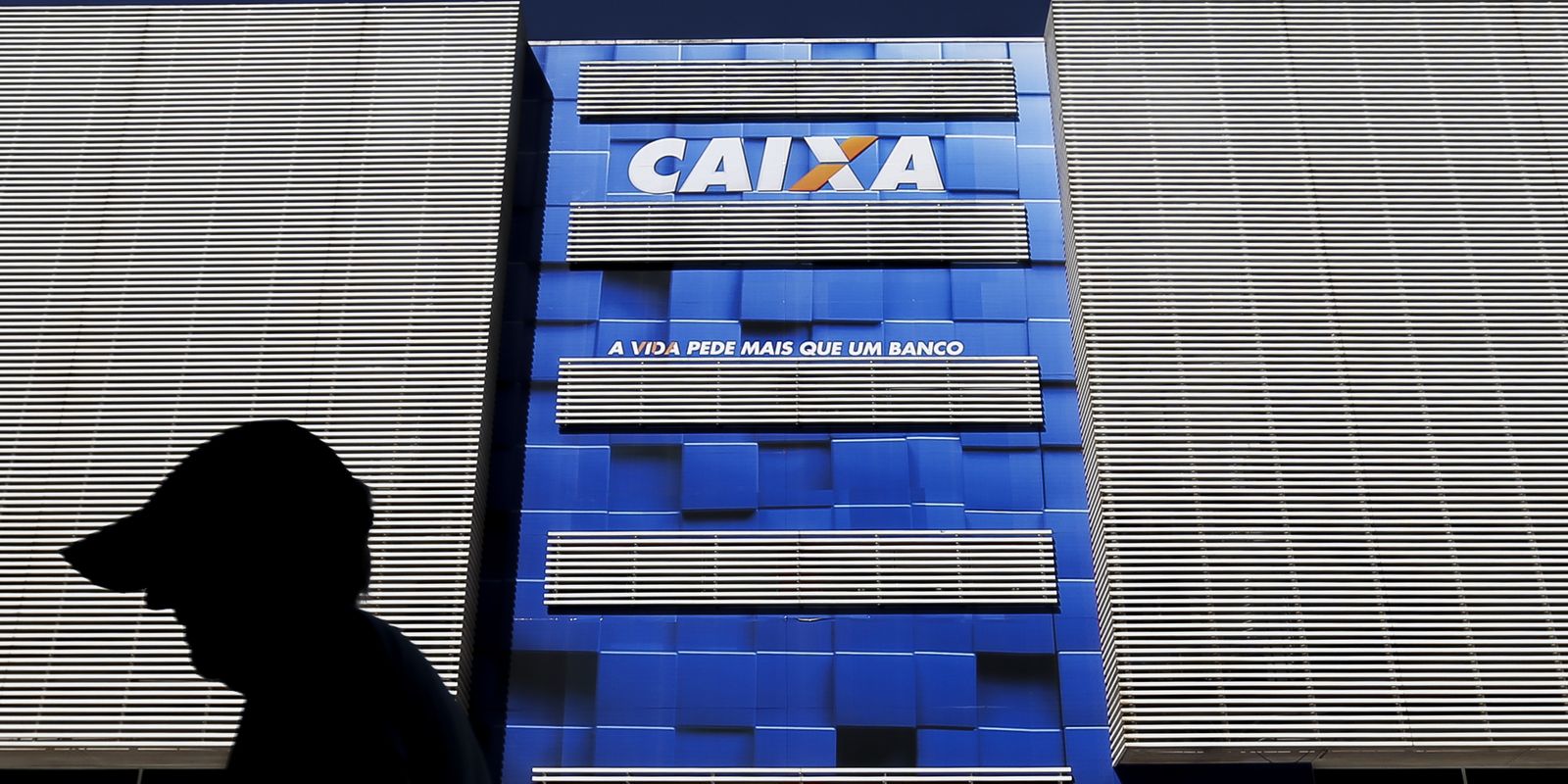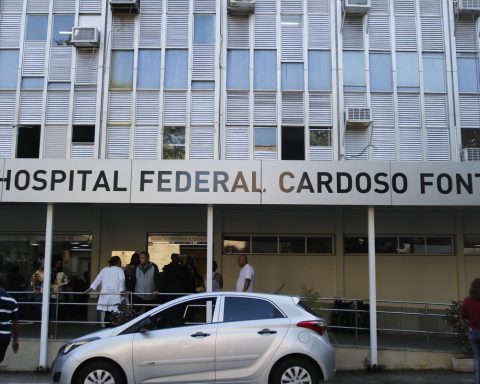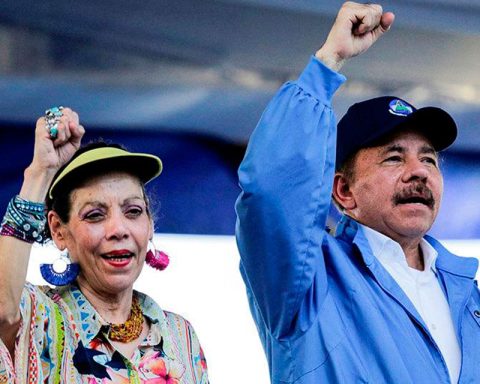Starting this Friday (1st), borrowers who finance properties through Caixa Econômica Federal will have to pay a higher down payment and finance a lower percentage of the property. The bank increased restrictions on granting credit for properties through the Brazilian Savings and Loan System (SBPE), which finances properties with savings account resources.
For those who finance a property using the constant amortization system (SAC), in which the installment falls over time, the down payment will rise from 20% to 30% of the value of the property. Using the Price system, with fixed installments, the value will increase from 30% to 50%. Caixa will only release credit to those who do not have other active housing financing with the bank.
The maximum valuation value of properties by SBPE will be limited to R$1.5 million in all modalities of the system. Currently, credit through the Housing Financial System (SFH), with lower interest rates, is restricted to properties worth R$1.5 million, but the lines of the Real Estate Financial System (SFI) have no property value ceiling.
According to Caixa, the changes apply to future financing and will not affect housing units in projects financed by the bank. In this case, where the bank directly finances the construction, the current conditions will be maintained. The financial institution accounts for 70% of Brazilian real estate financing and 48.3% of SBPE contracts.
In a note issued two weeks ago, the bank justified the restrictions because the bank’s housing loan portfolio must exceed the approved budget for 2024. Until September, Caixa granted R$175 billion in real estate credit, an increase of 28.6% compared to to the same period last year. In total, there were 627 thousand property financings. At SBPE, the bank granted R$63.5 billion in the first nine months of the year.
“Caixa is constantly studying measures that aim to expand the supply of excess demand for housing financing, including participating in discussions with the market and the Government, with the aim of seeking new solutions that allow for the expansion of real estate credit in the country, not only by Caixa, but also by other market agents”, explained the bank in an official note.
Lack of resources
The tightening in the granting of housing credit results from the greater volume of withdrawals from savings accounts and greater restrictions on Real Estate Credit Letters (LCI), approved at the beginning of the year. If it did not limit credit, Caixa would have to increase interest rates.
According to the Central Bank (BC), savings accounts recorded the highest volume of net withdrawals of the year in September, with account holders withdrawing R$7.1 billion more than they deposited. This was also the third consecutive month of withdrawals. Another factor that contributed to the limitation of credit was the increase in demand for Caixa lines, amid rising rates at private banks. It is not yet clear whether the changes will be reversed in 2025, when the bank has a new budget for housing credit, or whether part of the measures will become definitive next year.
















